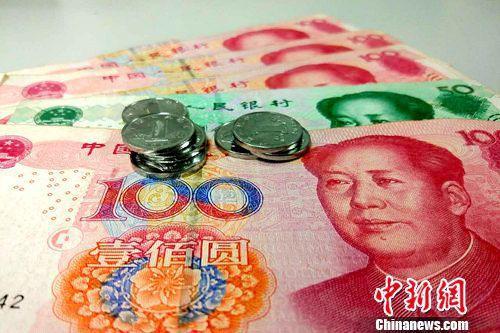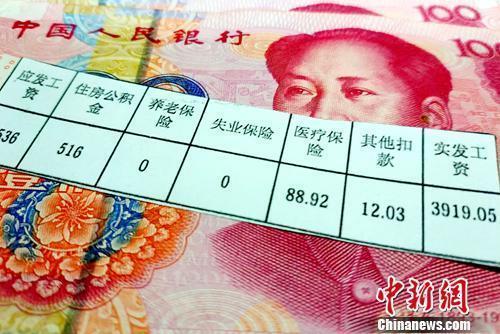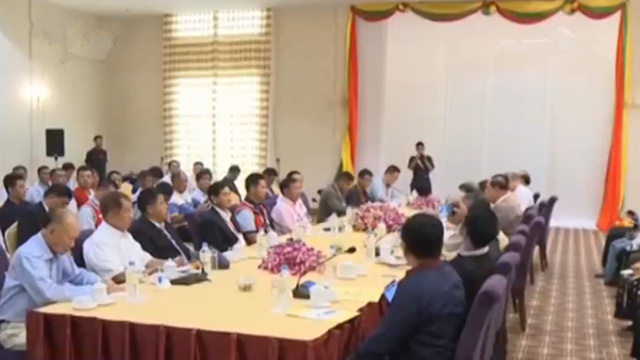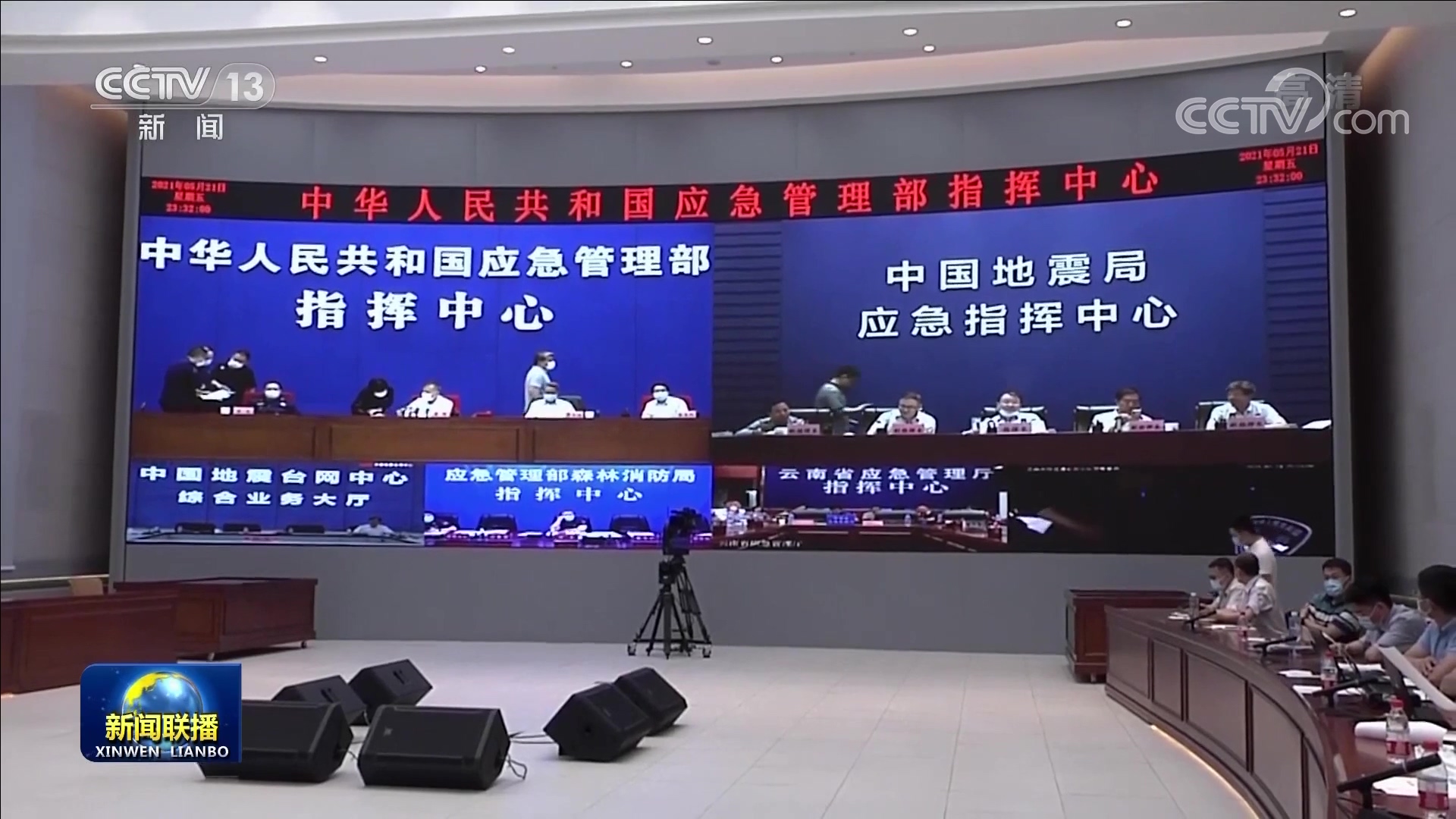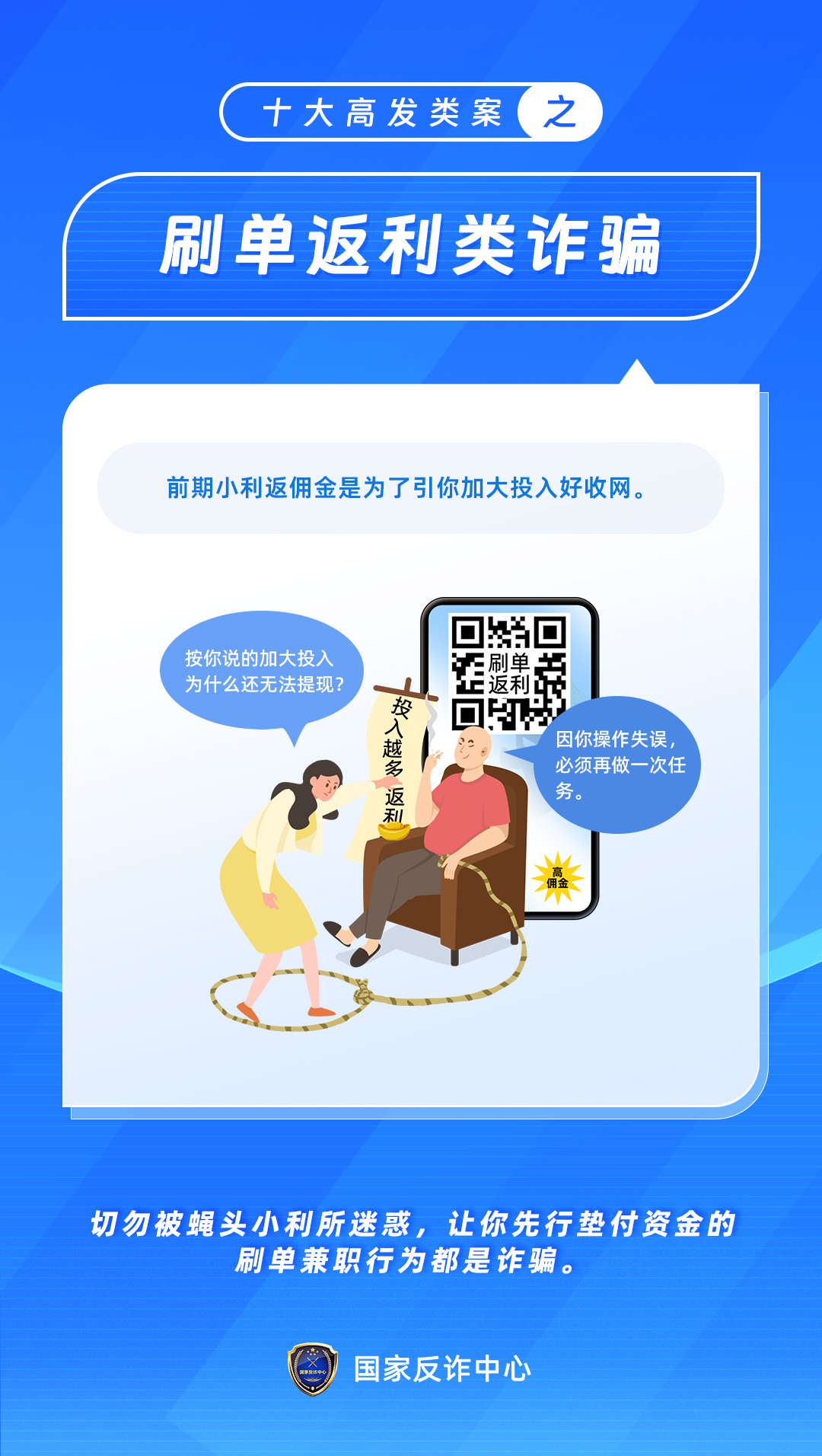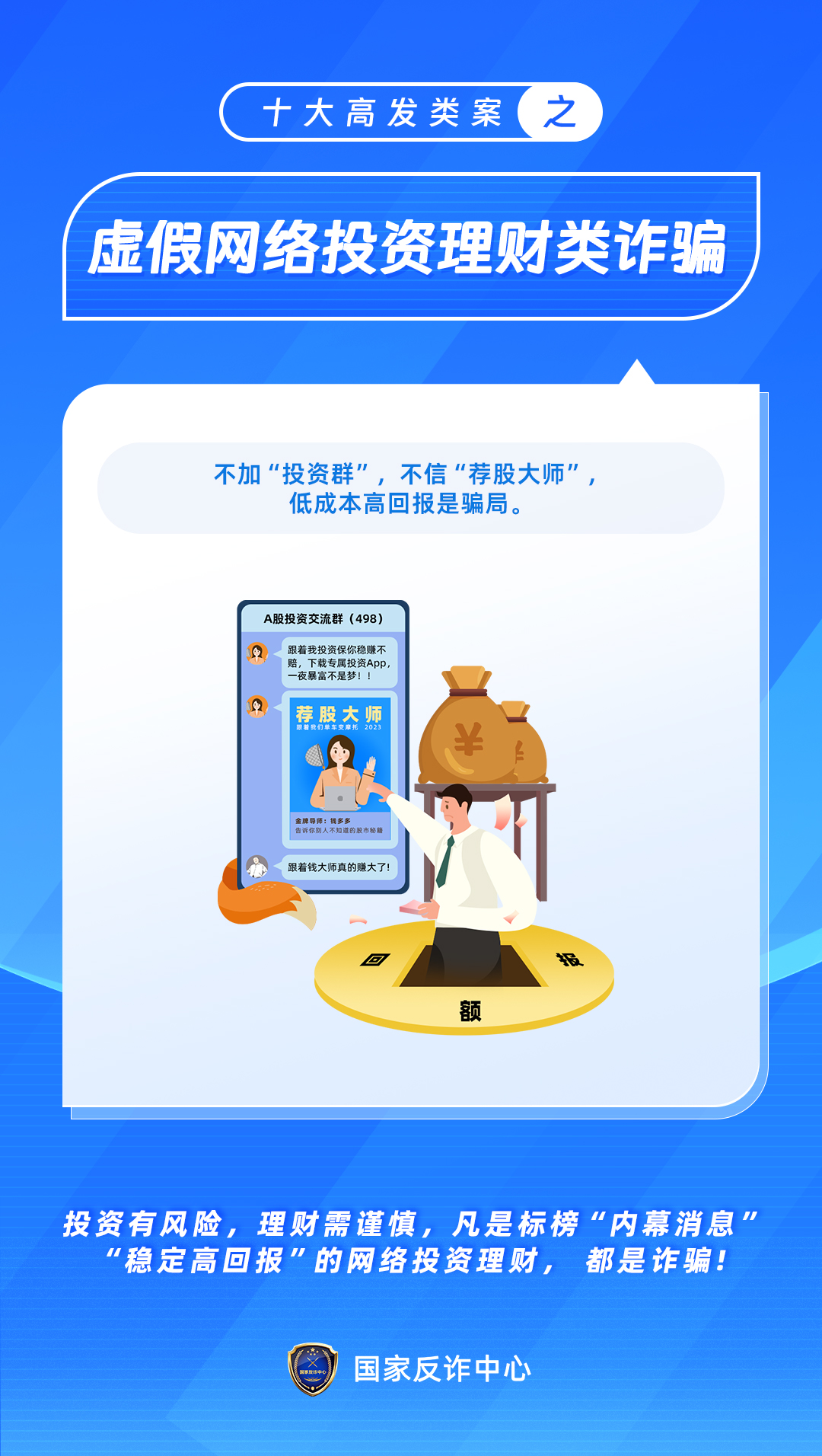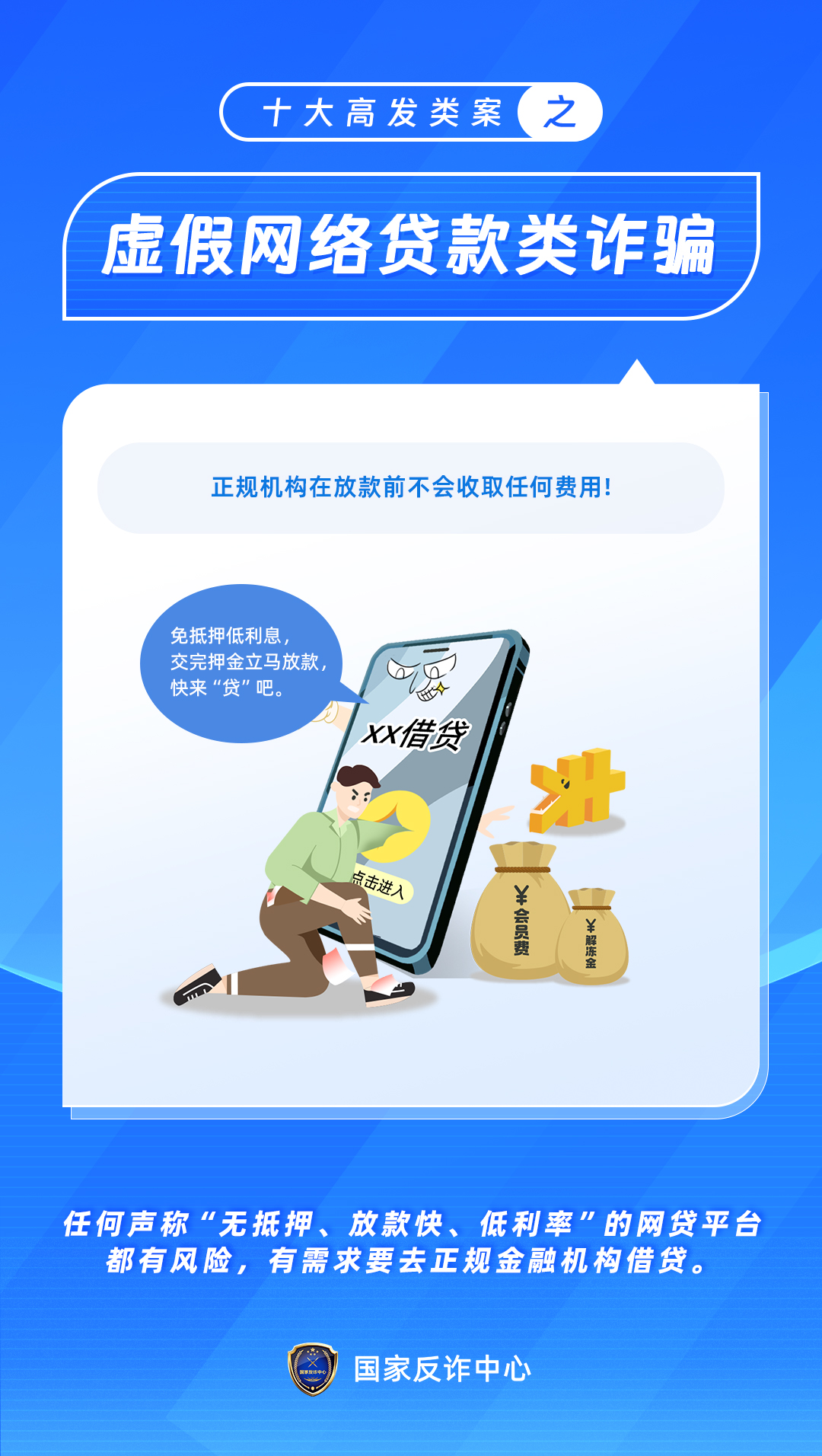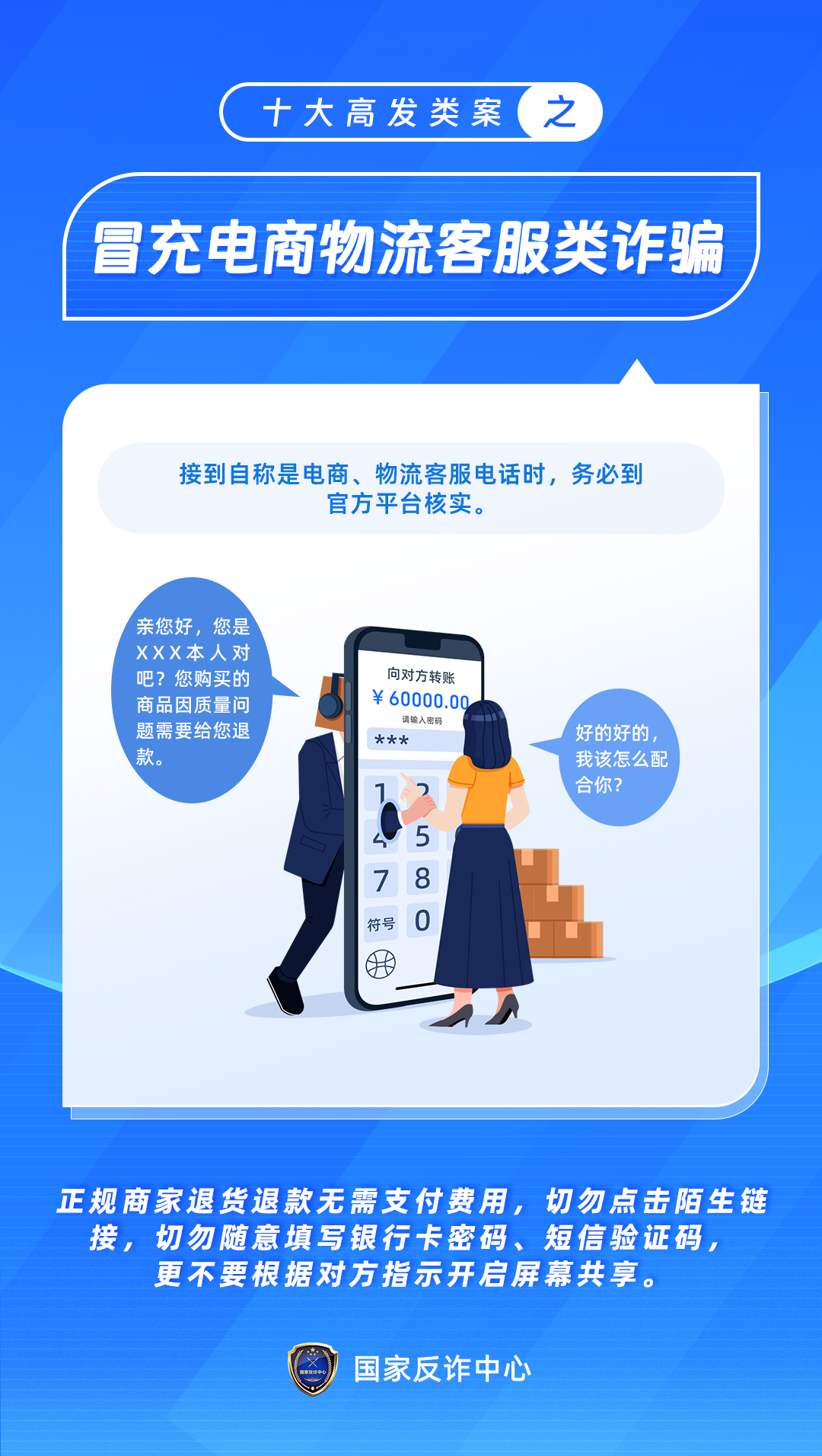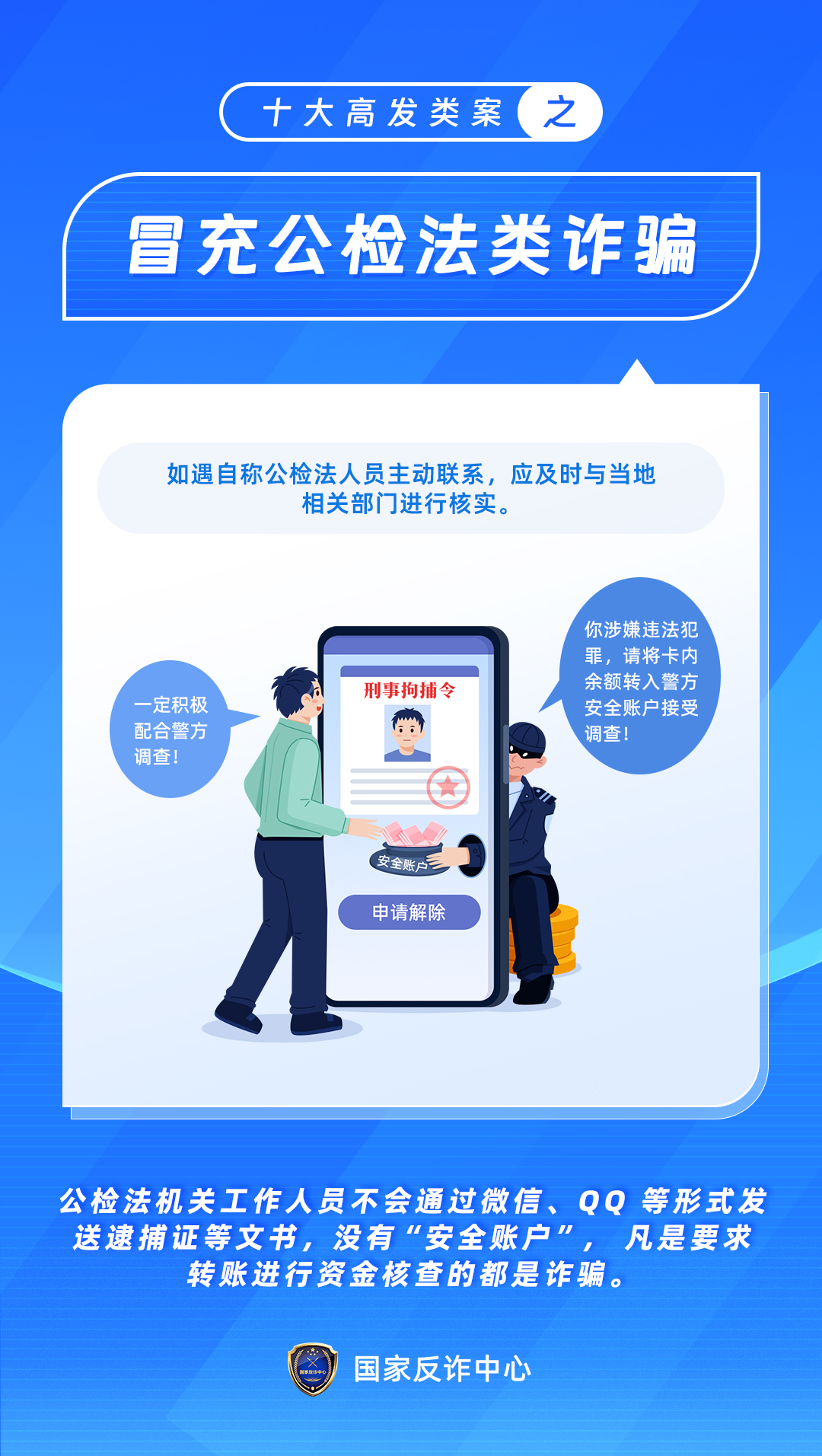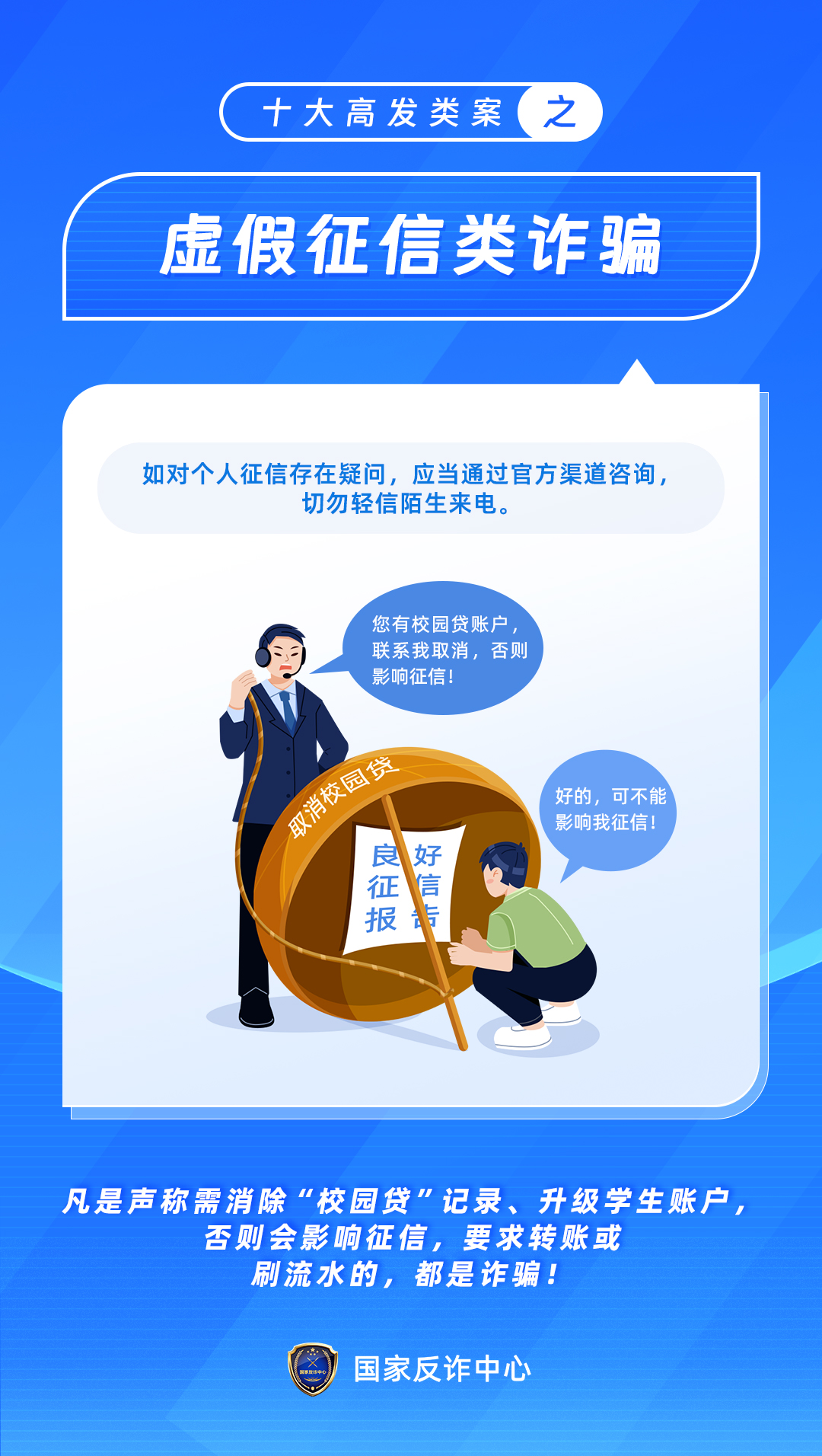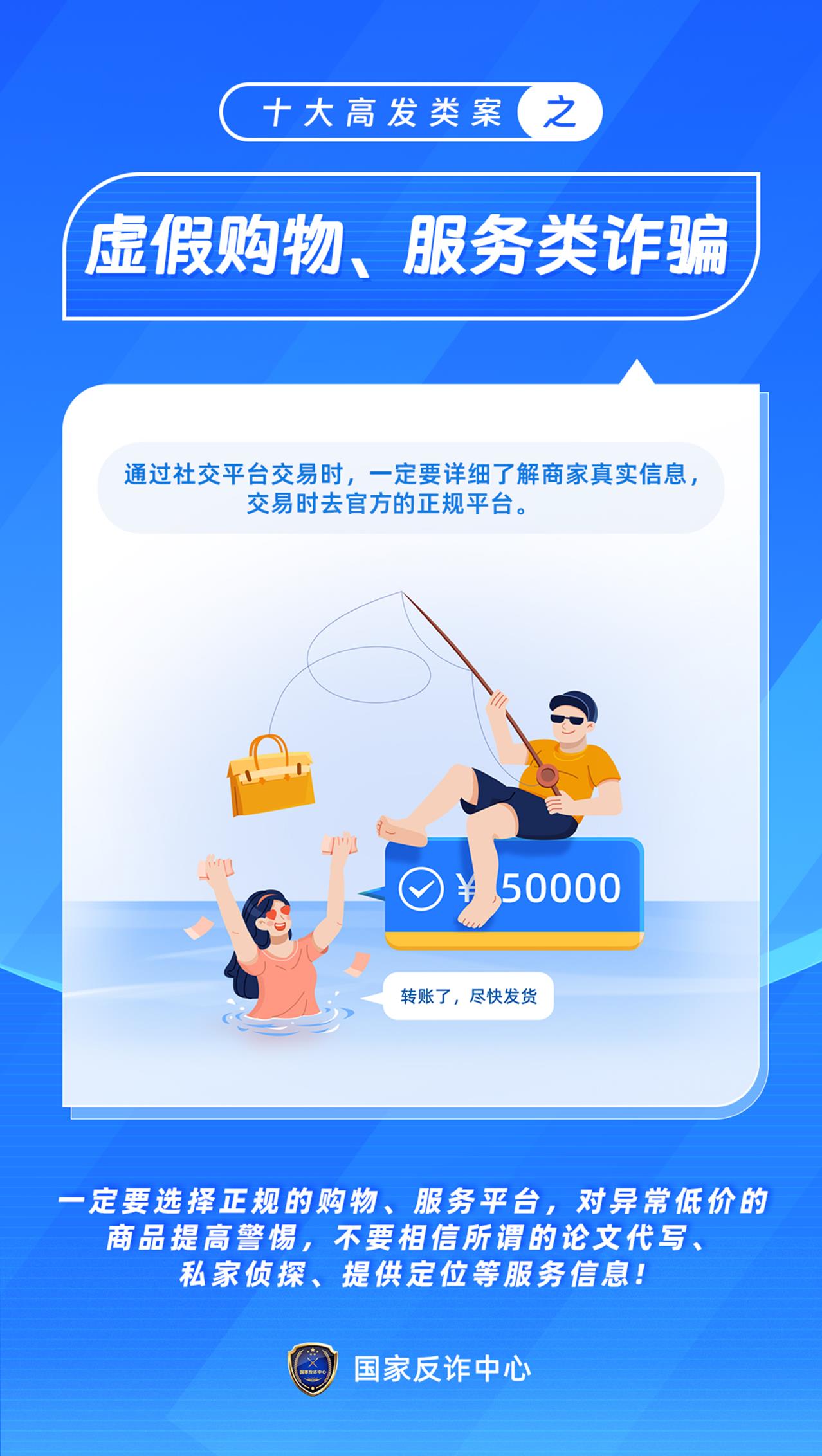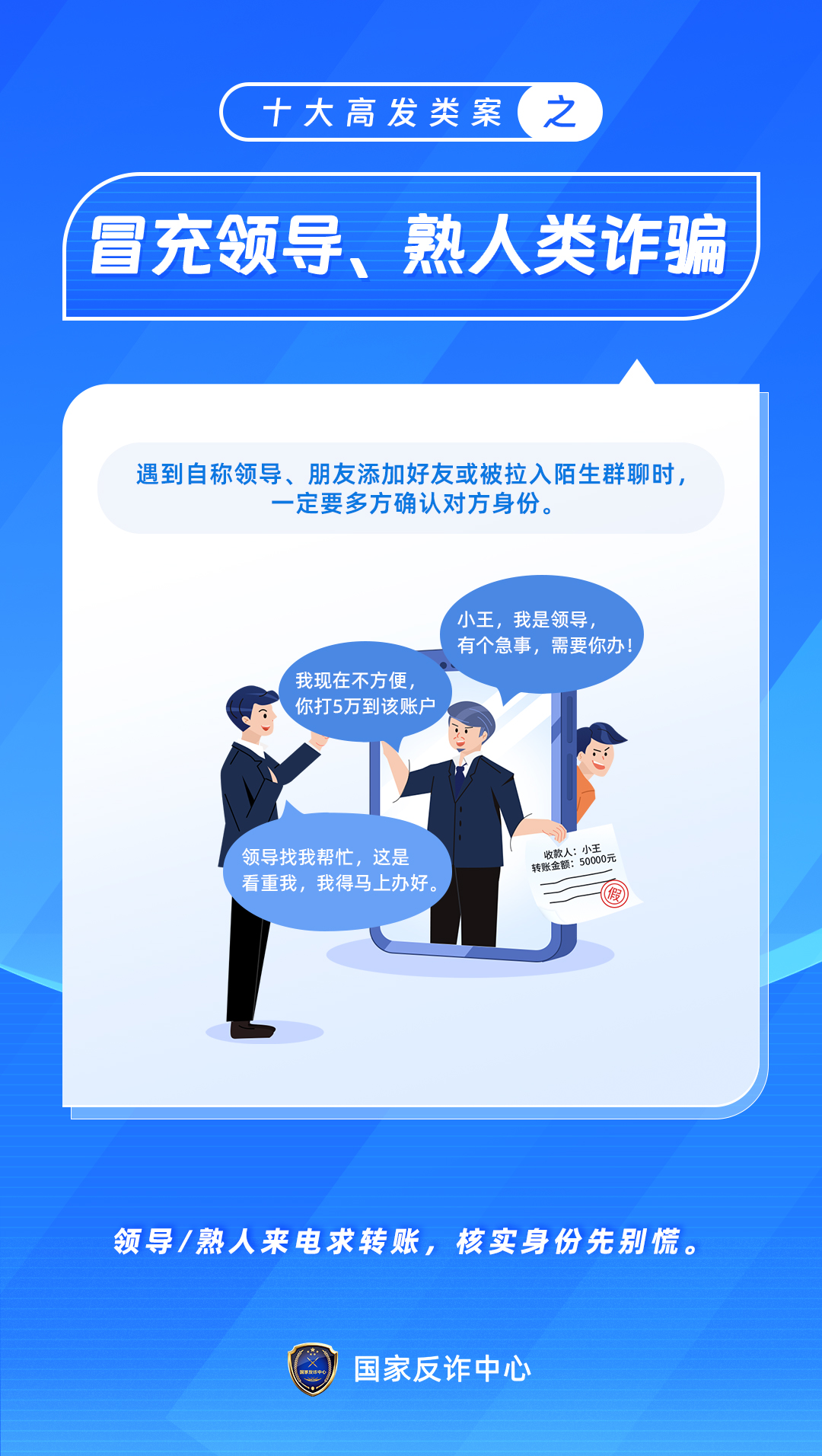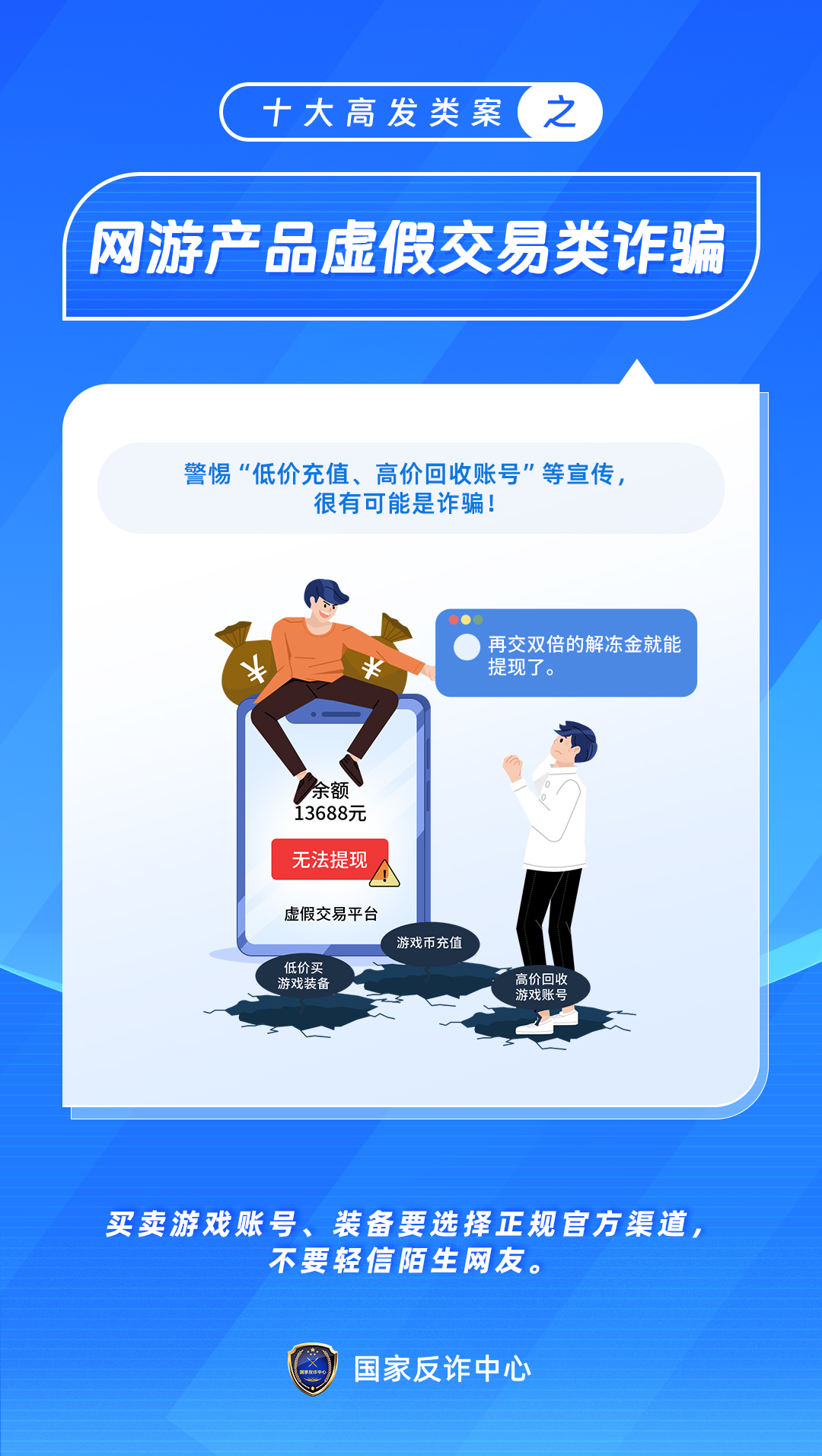Shanghai community owners pull the banner of "Dead People’s Hospital" to protest against the construction of nursing homes. Media: Don’t be old if you dare.
An unfinished nursing home, banners with fierce words, and a long-standing contradiction made the official WeChat of China News Network have such a title: "Nursing home = a hospital for the dead?" Don’t be old if you dare! 》

It turns out that something unpleasant happened in a residential area in Shanghai these days. The government wants to build a nursing home in the community, but it is strongly opposed by the owners. Some radical owners actually put up banners to protest, which read the words "Get out of the community in the hospital for the dead", which made people shudder.

Recently, banners such as "protesting against the construction of nursing homes in residential areas" can be seen everywhere in Xinyi Yayuan Community, Yangpu District, Shanghai. This year, a company in Shanghai prepared to transform the idle buildings in the community into public and private nursing homes, but it was strongly opposed by the community owners, and some community owners even hung up the "Dead People’s Home" and got out of the community.

Slogans against the construction of nursing homes can be seen everywhere in the community. Manager Lu, the project leader of this company, told the reporter that considering that Shanghai is getting more and more aging, Yangpu District is a traditional old industrial area with concentrated retired workers and a shortage of old-age care institutions, the company considered converting idle buildings into nursing homes last year after market research and communication with its streets. The project is expected to invest 30 million yuan, and the number of old-age beds will be about 291 after completion.
There are two main reasons for the owners’ opposition: first, it lowers the housing price of the community and affects the interests of the owners; Second, there are hospice wards and mortuaries in nursing homes, which affect the living environment and the psychology of owners. Because there is a saying among the owners that there are 1200 beds in this nursing home, there must be a morgue. They said: It is not always comfortable to open the window and see the nursing home. The street said that last year, it was considered to transform idle buildings into nursing homes. After the completion, the actual number of beds for the elderly was about 291.
After reading this news, Xiaoxin’s mind immediately came up with a scene. A high-end restaurant is crowded, but the seat next to the toilet is empty. No one wants to sit near the toilet to eat, but no one protests that the restaurant should not build this toilet, because everyone who eats will inevitably need it.
When people’s livelihood infrastructure conflicts with personal interests, what should we do? Is it true that nursing homes embodying humanistic care have no place in residential areas? If we don’t build a nursing home now, where will we live when we are old? Before answering these questions, let’s take a look at the status quo of nursing homes.
Present situation of nursing homes in China
According to the statistics of the Ministry of Civil Affairs, as of the end of March 2015, there were 31,833 registered pension service institutions in China. The total number of beds for the aged in institutions and communities reached 5.84 million, up 19.7% year-on-year, including 1.973 million beds for residential and day care in communities. At present, there are 27.5 beds for the aged per 1,000 elderly people, up 10.0% year-on-year.
With the accelerated arrival of an aging society, the living conditions, pension rights and security of the elderly have attracted increasing attention from all walks of life. Recently, in some places, cases of injury to the elderly have occurred one after another, or accidents that accidentally lead to the disability and death of the elderly have caused public concern about the security risks of the old-age service institutions.
How to solve the contradiction between the owner and the street?
The main concern of the owners is nothing more than two points:
First, I am afraid that house prices will fall. Imagine that if a residential area is equipped with a nursing home, just like a kindergarten, a vegetable market and a hotel in the residential area, this kind of welfare facilities that are convenient for the people will not let the house prices fall, but will only facilitate the owners, so this kind of worry is superfluous;
Second, the owners are worried that there are 1200 beds in nursing homes, and there will often be dead people, which will affect Feng Shui. The street clearly stated that it planned to build 291 beds, which is a reflection of the poor communication between the owners and the street. The street should have a detailed explanation and discussion with the owners’ committee, put all possible problems on the table and seek common ground while reserving differences. For example, where is the activity area of the old people? Whether the old people will disturb the people and other issues should be dealt with in advance …
Social needs of the elderly
First, why do the elderly live in nursing homes?
1) Hope to get timely nursing and medical assistance;
2) Reduce the burden of care for children and other family members;
3) Enjoy the old age;
4) Get rid of loneliness.
Second, what will be considered when living in a nursing home?
1) Location environment;
2) check-in fee. At present, the expenses paid by the elderly mainly come from their own pension, children’s sponsorship and funds for renting or selling their original houses.
3) medical conditions. Most concerned about the "first aid channel"; I hope that the medical environment will be warm and the service personalized.
4) service demand. Nursing staff should be patient and respectful; It is very important to visit and patrol regularly; Provide health care services, and organize health care and outing activities.
5) Dietary conditions. The dining environment is diversified and humanized; Varieties should be differentiated and can take care of special needs; I hope to set up a hospitality restaurant and a public kitchen.
"The distance between a bowl of soup"
Some people say that nursing homes can be built, but why should they be built in residential areas? In fact, one word is often used to choose the address of the old-age care institution-"the distance of a bowl of soup", that is to say, this bowl of soup is cooked from home and brought to the nursing home for the elderly to drink, which just doesn’t cool off. This distance is the best.
Building a nursing home in a residential area can just make the communication between children and the elderly closer. As the old saying goes, "all the virtues’s filial piety comes first". Filial piety is a precious treasure handed down by the Chinese nation for thousands of years. Who can say that he is not old? If children have time to take care of the elderly, or let them live in their own homes, this is the best state, but the reality is often unsatisfactory. Let the elderly have a sense of security in nursing homes, and focus on the long distance, and their grievances will not be so heavy, don’t you think?
[background news]
A residential area in Shanghai wants to build a nursing home. The owner pulls a banner "Home for the Dead"
Xinmin. com In recent years, Shanghai has made great efforts to develop the cause of providing for the aged. The municipal government regards adding new beds for the aged as a practical matter for the municipal government every year, and this year’s target is 7,000 beds. However, a nursing home, from planning and design, project approval to construction, acceptance and approval, and finally opening the door to welcome the elderly, is not as simple as the increase in numbers on paper, and some will encounter unexpected difficulties and even obstacles. Recently, a nursing home for ordinary elderly people in Yangpu District and Fengxian District suffered from "birth difficulties", and the reporter went to investigate it in depth.
A wall is separated by mourning and wailing?
No.3531 Zhoujiazui Road is near Longchang Road. When the reporter came here, he saw the door closed. After explaining the purpose, the doorman opened the iron gate and said that it had been shut down for more than two months. The reporter saw that there were two old buildings with five floors and six floors, and the renovation project was halfway completed, and no one was there. Across the wall, there are some shacks on one side, and a six-story husband’s house and several high-rise residential buildings on the other. High-rise residential buildings face the construction site with a banner: "Dead people’s homes get out of the community!" " I was shocked to see it.

The main objections of the owners are as follows: First, it lowers the housing price of the community and affects the immediate interests of the owners; Second, there are hospice wards and mortuaries in nursing homes, which affect the living environment and the psychology of owners.
This is the second nursing home in Yanji under construction.
The plot at No.3531 Zhoujiazui Road belongs to Shanghai Yidian Group. In the past few years, the building was leased to Shanghai Publishing and Printing College for use as a student dormitory. After the student dormitory moved out in 2013, it was vacant. Now it is managed by Shanghai Cangxin Investment Management Consulting Co., Ltd., a subsidiary of Yidian Group. Manager Lu, the person in charge of the company’s project, told the reporter that considering Shanghai’s aging degree is getting higher and higher, Yangpu District is a traditional old industrial area with concentrated retired workers and a shortage of old-age care institutions, the company considered converting idle buildings into nursing homes last year after market research and communication with its streets. There is only one public nursing home in Yanji Street, and I hope to build another one, but there is no space. The idea of Cangxin Company hit it off with them. Yangpu district government also attaches great importance to this and confirms that the nature of nursing homes is public and private. The project is expected to invest 30 million yuan, and the number of old-age beds will be about 291 after completion.
On March 20th this year, after completing all the necessary procedures, the renovation project started. However, more than a month later, residents came to the streets and governments at all levels again and again to resolutely oppose the construction of nursing homes. On May 6th, at the strong demand of residents, the renovation project had to be suspended. Yanji Street, District Civil Affairs Bureau, District Housing Management Bureau, District Diplomatic Relations Committee and other departments held many forums and coordination meetings to communicate and talk with residents, but the results were not great.
Most of the residents who oppose the construction of nursing homes are the owners of nearby favorite yayuan. This is a commercial housing community built in 2002, with more than 200 households. Walking into the community, banners such as "opposing the construction of nursing homes in residential areas" and "opposing the infringement of owners’ rights and interests" can be seen everywhere. The reporter interviewed an owner, Ms. Li, who told the reporter the main objections of the owners: First, it lowered the housing price of the community and affected the immediate interests of the owners; Second, there are hospice wards and mortuaries in nursing homes, which affect the living environment and the psychology of owners.
A resident wrote in a letter to a government department: "A wall separates us from the mortuary, but we hear the wailing and weeping of the family members of the deceased in our ears, and the polluted air in the ward is breathed in our mouths and noses … hundreds of households are within reach of death …" Because there is a saying among the owners that this nursing home has 1,200 beds, it is sure to set up a mortuary.





